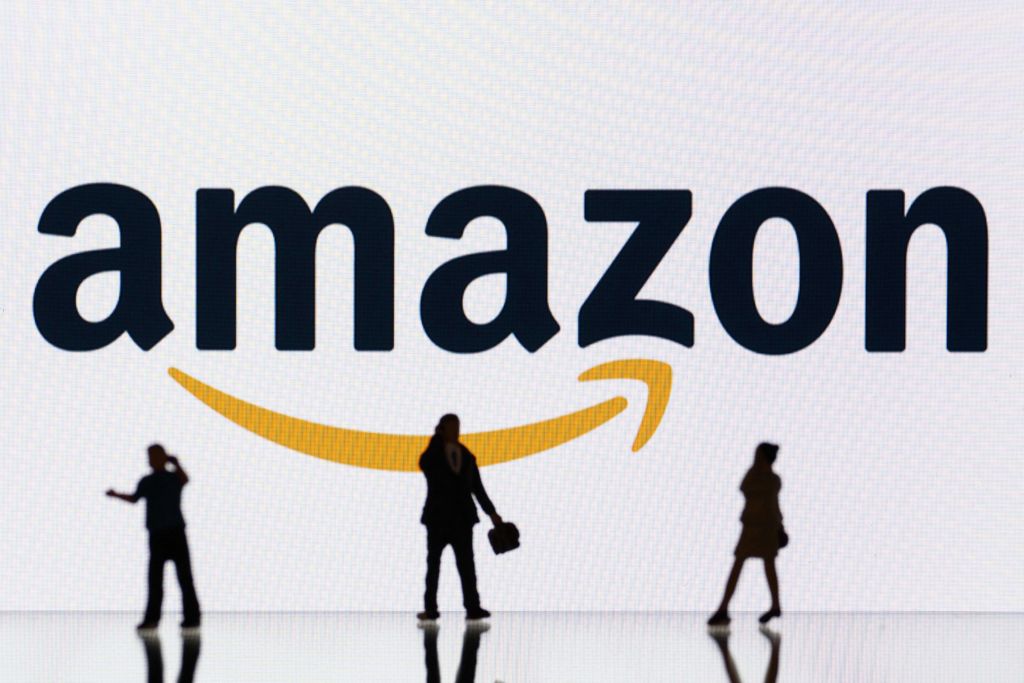500,000 UK individuals unknowingly provided their private health information to insurance firms via UK Biobank for medical research. An investigation revealed that blood, saliva, urine samples, medical records, wearable device data, and lifestyle details were shared with insurance industry companies for building tools estimating chronic illness risks. The controversial sharing of data has raised concerns about the ethical practices of UK Biobank, an organization originally-founded in 2006 to support illness research times.
Despite the bank’s claims of having strong controls over data access, health advocates, data privacy specialists, and geneticists are worried about the lack of transparency in the process. Participants were not aware of the data being shared with insurance companies directly, raising ethical concerns. The UK Biobank is regarded as a vital resource in British science and has contributed to significant medical breakthroughs. The largest health research resource globally, it has played a significant role in discoveries related to genetic testing for heart disease and COVID-19.
Recently, the UK Biobank included new proteome dataset and results from the world’s largest whole-body scanning imaging project, allowing researchers to investigate disease processes across a range of illnesses. However, the unauthorized sharing of sensitive medical data has attracted criticism, especially from prominent experts who have described it as a breach of trust.
Following the shocking revelations, the UK Biobank justified its actions by claiming that the pledge made before official recruiting in 2007 was no longer valid. They said that sharing anonymized data with private corporations for “health-related” research constituted a commitment to them. However, the type of data shared with the insurance sector remains unclear.
ReMark International, a worldwide insurance consultant, was one of the organizations given access to the sensitive health data. Their goal was to use medical records and wristwatch data to create algorithms for forecasting illnesses and mortality. This has prompted concerns among experts about the ethical implications of sharing such data with insurance companies. Prof. Yves Moreau, a specialist in genetics and artificial intelligence, has denounced the data sharing as a breach of trust and emphasized the importance of participants’ rights.
The controversial revelation of the unauthorized sharing of private health information has sparked a debate about data privacy and ethical considerations in medical research. This issue has led to concerns about the transparency and safeguards in place to protect sensitive health data. With the sensitive nature of the data shared, it remains to be seen how the UK Biobank and other stakeholders will address these concerns and uphold the trust and integrity of the research community.




